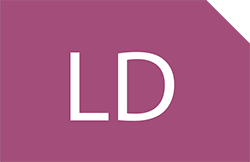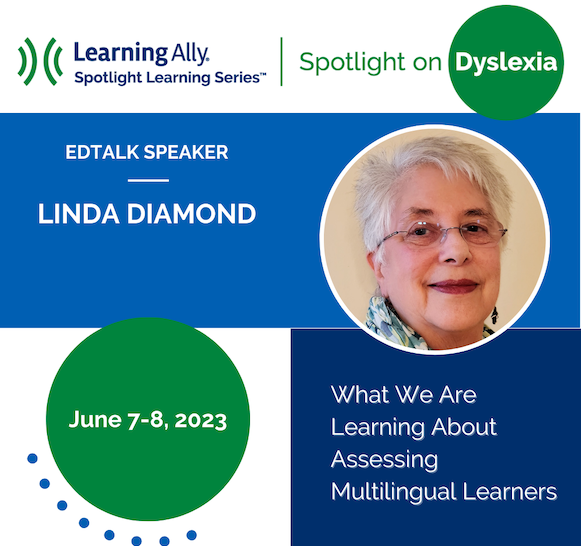Linda Diamond is a sought after speaker at regional and national events. From the science of reading to specific evidence-based practices to support English learners and adolescents struggling to read, Linda’s experience and expertise provides audiences with actionable insights and a wealth of resources and ideas to put into practice.
If you’d like to invite Linda to speak at your event or conduct a workshop, please reach out.











